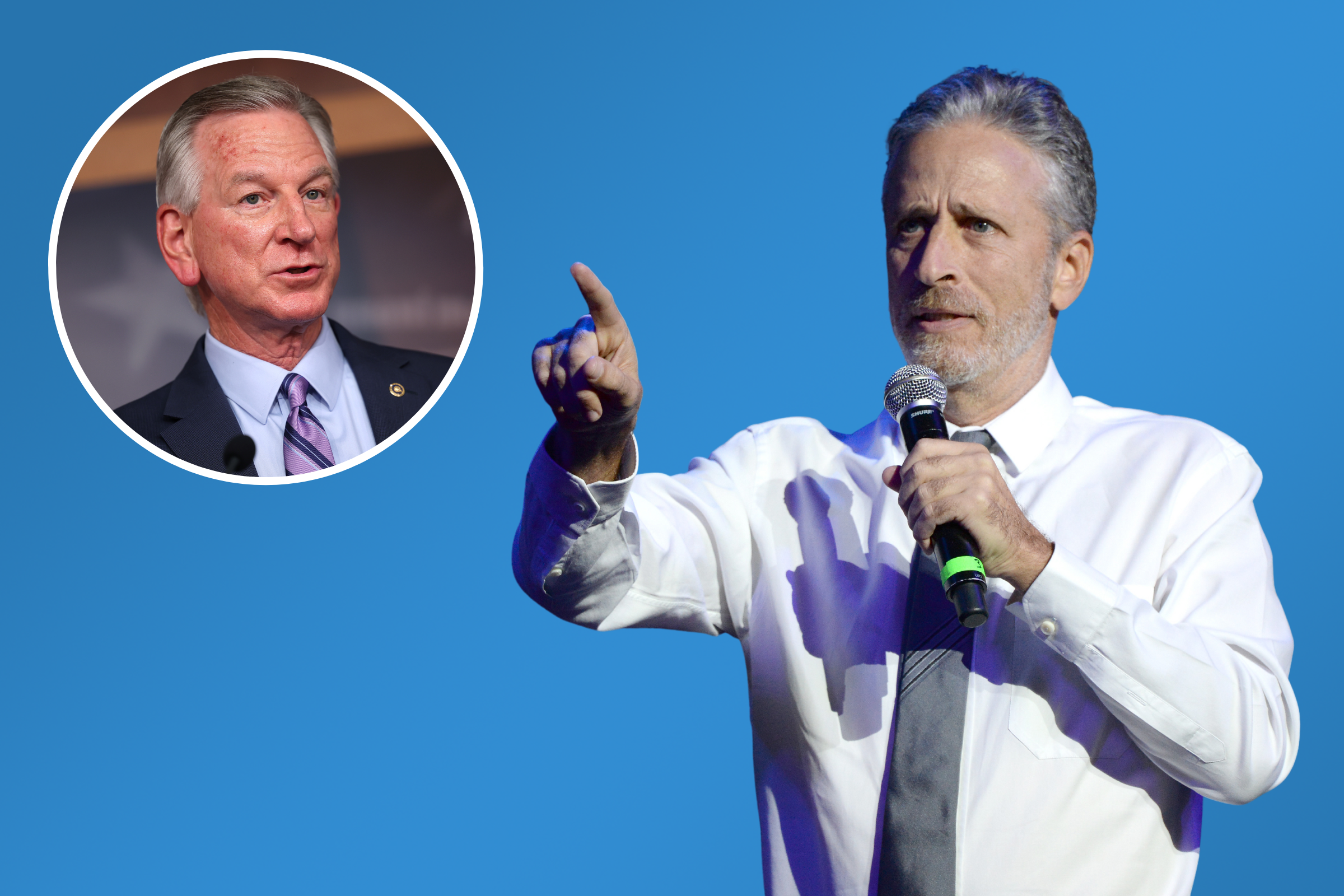German Chancellor Angela Merkel struck a deal on immigration, which had threatened to break up her coalition only four months into her new term, agreeing to build transit camps for refugees attempting to cross into Germany from Austria.
Merkel, whose ruling coalition is composed of three parties, was on the verge of losing the Christian Social Union (CSU)—German parliament's smallest party but the most influential in the country's key state of Bavaria. The chairman of the "sister party" to Merkel's Christian Democrats (CDU), Horst Seehofer announced on Sunday he would resign as Germany's interior minister if Berlin did not back stronger border-control measures in the south.
"We have reached an agreement after very intense negotiations," Seehofer announced after reportedly tense negotiations on Monday, Agence France Press reported on Tuesday. "We now have a clear agreement on how to prevent illegal immigration across the Austrian-German border in the future," he added.

Merkel later revealed that the compromise entailed setting up transit centers on the border with Austria, to hold new arrivals who had already been recorded as having previously arrived in other European Union countries.
"I would like very much for the CDU and CSU to continue working together," Merkel said, admitting she had made concessions to Seehofer's demands, public broadcaster Deutsche Welle reported. "Because we are a success story for Germany." Merkel's other coalition, the Social Democratic Party, has yet to agree to the deal.
Applicants rejected by Germany will have to return to their first EU country of arrival, if that country agrees to take them. If not, the rejected applicants are expected to be returned to Austria, although the two countries have yet to negotiate this.
Seehofer's key concern centered on "secondary migration," which refers to asylum seekers who arrive in another EU country but then, owing to the bloc's internal free travel, prefer to settle in Germany. The minister's initial plan was to simply turn away asylum seekers registered elsewhere in what could have constituted a breach of EU law and the Geneva Convention on refugees' rights.
Read More: Poland's ruling party leader wants German reparations for Nazi war crimes
Germany has welcomed more refugees than any other European nation since the height of the influx in 2015, and Merkel's approach has made her an easy target for populists inside Germany and in neighboring countries. A collapse of the ruling coalition would encourage the far-right Alternative for Germany, which won seats in parliament in September for the first time. It has since risen in the polls, hitting 16 percent, which places it higher than the Social Democrats—Germany's second-largest party.
Uncommon Knowledge
Newsweek is committed to challenging conventional wisdom and finding connections in the search for common ground.
Newsweek is committed to challenging conventional wisdom and finding connections in the search for common ground.
About the writer
I am a Staff Writer for Newsweek's international desk. I report on current events in Russia, the former Soviet Union ... Read more
To read how Newsweek uses AI as a newsroom tool, Click here.





